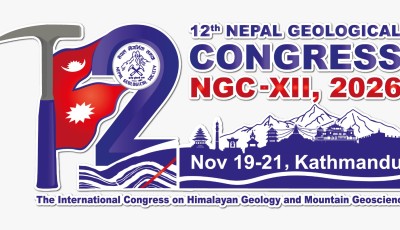Seed Oils Under Fire: The Bigger Truth About Flawed Nutrition Research

U.S. Secretary of Health and Human Services Robert F. Kennedy Jr. is right about one thing: chronic disease is on the rise in America, and the food system is at least partly responsible. But his “Make America Healthy Again” campaign stumbles by relying on weak evidence to target specific foods.
Take seed oil. Kennedy has labeled oils from sunflower, safflower, and canola seeds as “poison” and a driving force behind the obesity epidemic. The concern stems from their high levels of omega-6 fatty acids, compared with the omega-3s found in olive oil. Some studies have linked a higher omega-6-to-omega-3 ratio to poorer health outcomes.
What is the problem? Most of these studies are not designed to prove cause and effect. Seed oils are common in processed and fast foods because they are cheap and have a high smoke point, making them ideal for frying. While there is solid evidence that ultra-processed foods can harm health, it remains unclear whether seed oils themselves are the culprit or simply a common ingredient in less healthy meals.
People who consume large amounts of ultra-processed food often differ in other ways such as education, exercise, and smoking habits that also affect health. Even with statistical adjustments, nutrition studies cannot fully isolate the impact of a single ingredient.
This issue extends beyond seed oils. Many high-profile nutrition headlines linking red meat to cancer or coffee to longer life are based on observational studies that reveal patterns but not proof. History shows how misleading such evidence can be. For decades, fat was vilified, prompting dietary guidelines to promote low-fat, high-carb diets. A landmark 2006 study later found no significant heart or stroke benefit from low-fat eating.
Reliable nutrition evidence does exist. Large randomized trials show the Mediterranean diet’s benefits and the link between ultra-processed foods and overeating. The best advice remains simple: eat mostly whole foods, in moderation. Where science falters are in demonizing or glorifying individual ingredients.
So why does weak research still dominate headlines? Because it offers easy fixes ditch seed oils, drink more coffee and helps policymakers claim quick wins. Fear of high-fructose corn syrup, for instance, let Kennedy tout Coca-Cola’s switch to cane sugar, despite no strong evidence that one is healthier.
Bad evidence can backfire. Concerns over butter once drove consumers toward margarine loaded with harmful trans fats. Kennedy has promoted replacing seed oils with tallow, even though its saturated fat may pose greater health risks. Alarm over seed oils has even led some parents to reject infant formula that contains them despite the fact that these oils help match the nutrient profile of breast milk.
The United States urgently needs better nutrition research. That means fewer flawed studies and more rigorous, large-scale randomized trials. A recent example in science tracked children born during and after Britain’s post–World War II sugar rationing, revealing that early sugar exposure increased disease risk later in life.
The National Institutes of Health could take the lead with a massive, year-long trial involving up to one million participants, tracking not only health outcomes but also how sustainable different diets are in real life.
Such an effort would be expensive but it could finally deliver the answers America needs to tackle its nutrition crisis.
NYTimes Inputs










तपाईको प्रतिक्रिया दिनुहोस